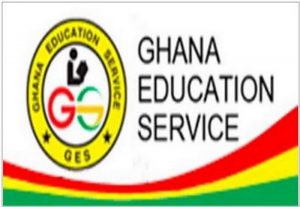The Public Interest and Accountability Committee (PIAC) has reiterated the call for the development of a national plan to guide the use of oil revenues in the country’s development process.
The PIAC said such a development framework would help the country to monitor progress to ensure accelerated development.
A national development plan is a key requirement for the spending of petroleum revenues in the Petroleum Revenue Management Act 2011, (Act 815) as amended by Act 893.
The Committee has consistently made the call over the years for a Development Plan to meet the requirements of the PRMA law and to maximize the benefit of oil money but this call is yet to materialize.
In the absence of the plan, the government selects priority areas on which to focus its spending on petroleum revenues, a situation that is open to discretion and abuse.
However, PIAC’s assessment of the management and utilization of the ABFA mechanism over the years has revealed that even though four priority areas are selected, actual spending normally covers all the 12 listed priority areas within the PRMA.
The practice has resulted in a situation where the ABFA is used to fund all manner of activities outside of the four priority areas.
Given the lack of clarity on the basis for selecting priority areas, PIAC has stressed that the selection of new priority areas must be guided by detailed impact evaluation of the ABFA expenditures.
PIAC is of the view that the National Development Plan would help ensure proper utilization of the countries’ resources, including the petroleum funds.
The PIAC has also expressed concern about the thin spread of development projects funded by the oil money and called for a shift in focus to long term and sustainable monumental projects that can transcend generations.
Examples of projects envisaged include schools, airports, and hospitals. A clear case is the Terminal 3 of the Kotoka International Airport, which was partly funded by 30 million dollars of oil money.
Such projects have more sustainable impacts on the economy and citizens could see its benefits to the country.
PIAC said a concrete use of the oil resources to support job creation efforts through support for the private sector to create jobs.
The Committee consists of 13 members, and a supporting secretariat headed by a Coordinator with the mandate to track the use of the revenue generated from the country’s hydrocarbon deposits, making it accessible to the citizenry towards ensuring accountability.
PIAC is celebrating its 10 anniversary this year and has outlined a number of activities to increase knowledge of its presence and activities. The activities include radio and television discussions, regional and town hall meetings, a symposium with reporting institutions, and public lectures, among others.







